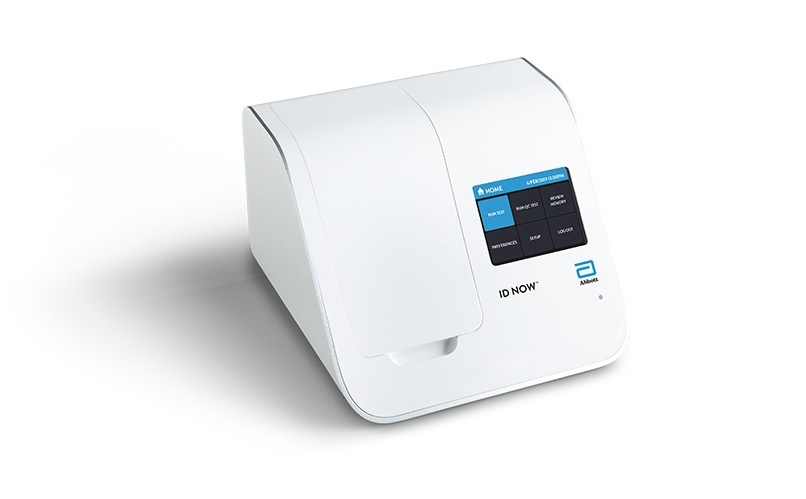
What You Should Know:
– FDA issues alert about accuracy concerns with Abbott’s ID Now COVID-19 rapid point-of-care tests that could return false negative results.
– The FDA reports it is sharing early information available about potential inaccurate results in the spirit of transparency and is working with Abbott to analyze the information gathered to date.
On late Thursday, the U.S. Food and Drug Administration (FDA) issued an alert to the public about potential inaccurate COVID-19 testing results using Abbot’s ID NOW COVID-19 tests could return false-negative results. The FDA has received 15 adverse event reports about the Abbott ID NOW device that suggests some users are receiving inaccurate negative results. Previous scientific studies have reported accuracy issues with Abbott ID NOW and the FDA is now investigating whether it could be due to the types of swabs used or the type of viral transport media (the material used to transport the patient’s specimen).
Abbott’s Rapid COVID-19 Test
ID NOW™ COVID-19 assay performed on the ID NOW™ Instrument is a rapid molecular in vitro diagnostic test utilizing an isothermal nucleic acid amplification technology intended for the qualitative detection of nucleic acid from the SARS-CoV-2 viral RNA in direct nasal, nasopharyngeal or throat swabs from individuals who are suspected of COVID-19 by their healthcare provider.
Next Steps
The FDA has been working with Abbott to analyze the results gathered to date along with distributing a customer notification letter to alert users that any negative test results that are not consistent with a patient’s clinical signs and symptoms or necessary for patient management should be confirmed with another test. In addition, Abbott has agreed to conduct post-market studies for the ID NOW device that each will include at least 150 COVID-19 positive patients in a variety of clinical settings. The FDA will continue to review interim data on an ongoing basis.
“We are still evaluating the information about inaccurate results and are in direct communications with Abbott about this important issue. We will continue to study the data available and are working with the company to create additional mechanisms for studying the test. This test can still be used and can correctly identify many positive cases in minutes. Negative results may need to be confirmed with a high-sensitivity authorized molecular test,” said Tim Stenzel, M.D., Ph.D., director of the Office of In Vitro Diagnostics and Radiological Health in the FDA’s Center for Devices and Radiological Health.
It is important to note that no diagnostic test will be 100% accurate due to performance characteristics, specimen handling, or user error, which is why it is important to study patterns and identify the cause of suspected false results so any significant issues can be addressed quickly.
